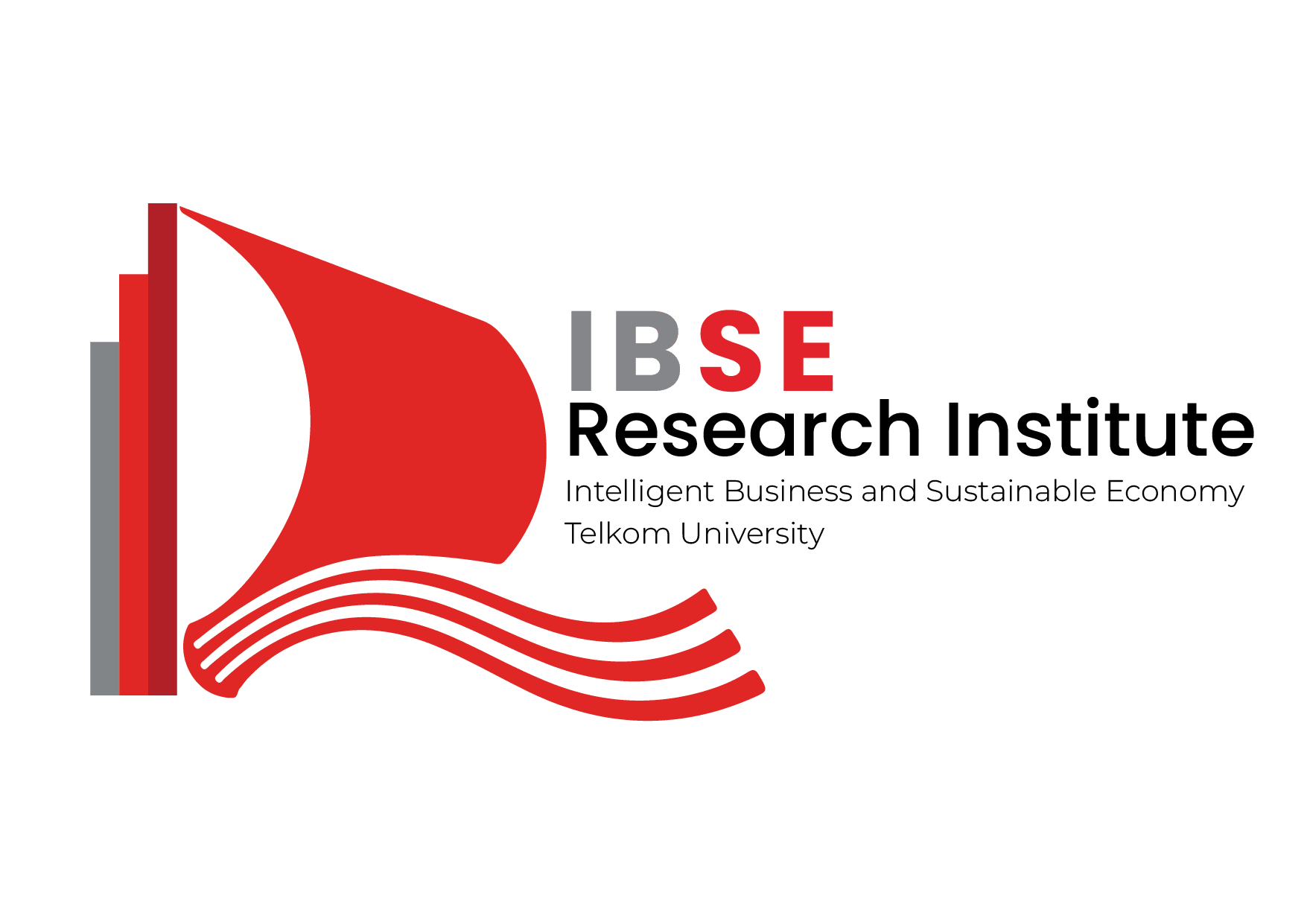JIRLAH is an integrated work and project management platform designed to help teams plan, track, and complete tasks efficiently. Equipped with task creation, project organization, and built-in communication tools, it provides a centralized space where coordination becomes seamless, productivity increases, and workflows stay well-structured.

Innovator: CAATIS | CoE: Technological Society (CAATIS) | Area: Digital Entrepreneurship & Business Innovation
Background
Managing projects and tasks can be challenging when teams face unstructured coordination, lack of progress transparency, and fragmented communication across multiple platforms. These challenges often lead to delays, miscommunication, and reduced efficiency. JIRLAH was created to address these issues by uniting planning, tracking, and team communication within a single, easy-to-use application. By streamlining work processes, it enables teams to maintain order and achieve goals faster.
Key Benefits
JIRLAH simplifies task organization and progress tracking, ensuring that projects remain on schedule. It promotes transparency and fosters stronger team collaboration by allowing members to monitor tasks and updates in real-time. The platform also reduces miscommunication by centralizing communication and project data. Its flexibility allows teams to manage multiple projects simultaneously without losing structure or clarity.
Unique Advantages
With JIRLAH, task creation can include detailed descriptions, deadlines, priorities, and status updates to ensure clarity from the start. It supports multi-task and multi-team project management, making it suitable for both small and large organizations. Built-in communication features allow team members to discuss and update work without switching to external apps. Its intuitive interface ensures that users can easily navigate the platform, boosting adoption and usability across various sectors.
Suitable Applications
JIRLAH fits a wide range of organizational needs. Project teams in companies and startups can manage deliverables more efficiently. Educational institutions and organizations can coordinate multiple activities in a single space. Creative teams, IT departments, research groups, and administrative units can keep workflows transparent, deadlines clear, and communication open.
Sustainability Contribution
JIRLAH contributes to SDG 8: Decent Work and Economic Growth by improving work efficiency and team productivity. It supports SDG 9: Industry, Innovation, and Infrastructure through its innovative approach to project management. By enhancing collaboration across various sectors, it also contributes to SDG 17: Partnerships for the Goals.
Discover more groundbreaking innovations and explore our complete range of research‑driven products that are shaping the future of technology, sustainability, and national development. View our full product portfolio here.
Prepared by Zahrasita Permata T.D | Photo by CoE CAATIS
